LESSON 5: Principles of Normal Development in Infancy and Early Childhoodand The Human Genome Project
1/13
Earn XP
Description and Tags
Name | Mastery | Learn | Test | Matching | Spaced |
|---|
No study sessions yet.
14 Terms
General Principle of Normal Development
Normal development progresses in orderly step-by-step sequences.
All areas of development are interrelated.
The skills acquired earlier determine how well later skills.
Although there are developmental milestones in each of the growth areas, children manifest individual differences in their rate of development. Each child develops at his or her own pace.
Typical Development
Meeting developmental milestones at the appropriate stages (normal development).
Atypical Development
Significantly delayed attainment of milestones or skills in one or more domains, but in an expected sequence.
Gross Motor Skills
Requires whole body movement and which involves the large (core stabilizing) muscles of the body to perform everyday functions.
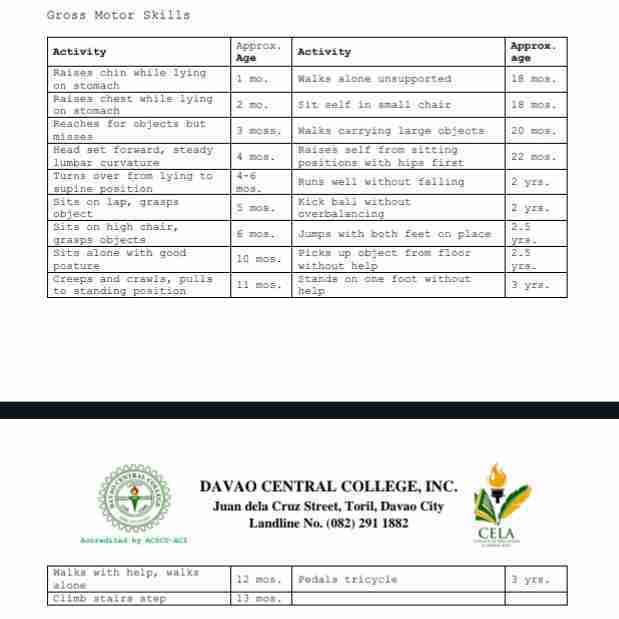
Receptive Language
The ability to understand and comprehend spoken language that you hear or read.

Expressive Language
The way a child expresses him/herself for everyday wants, needs, and feelings.
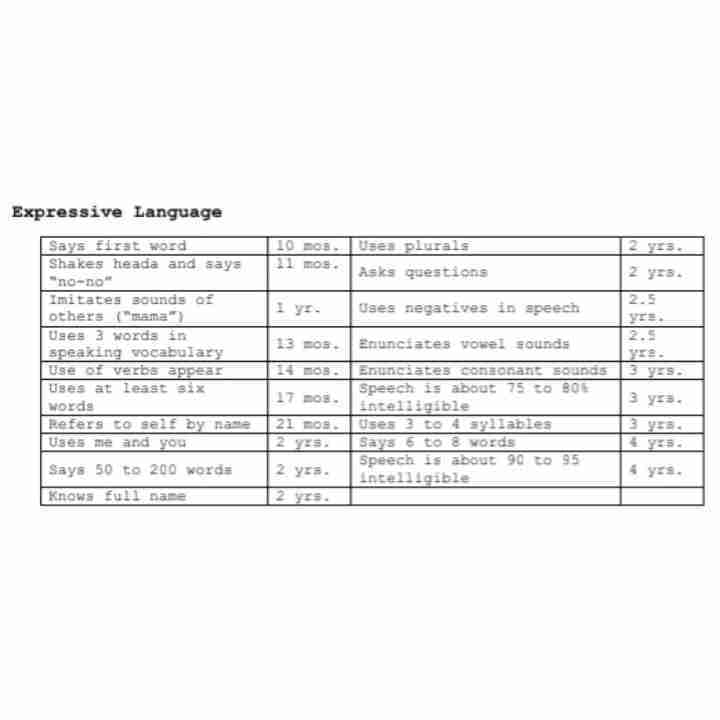
Eating Skills
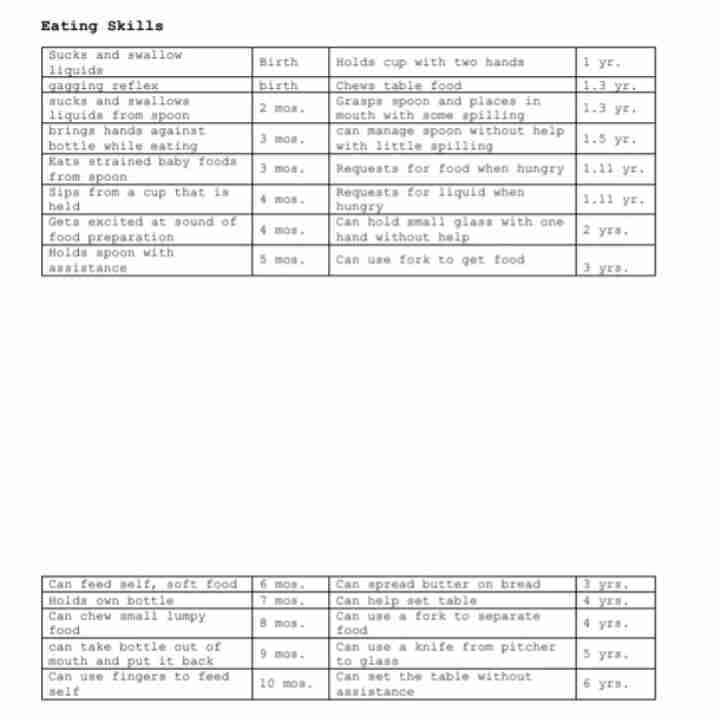
Dressing and Grooming Skills
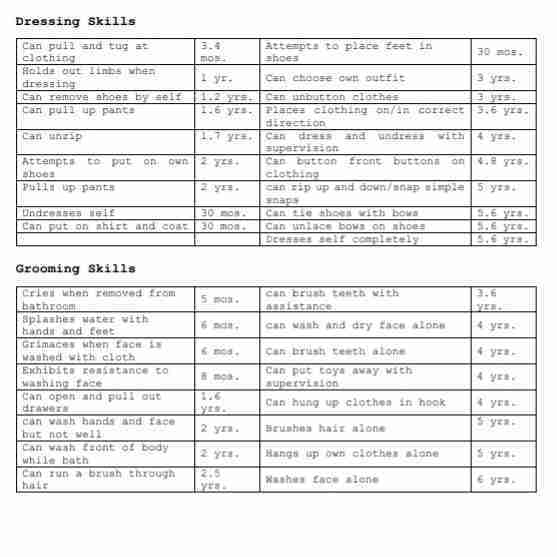
Toileting Skills
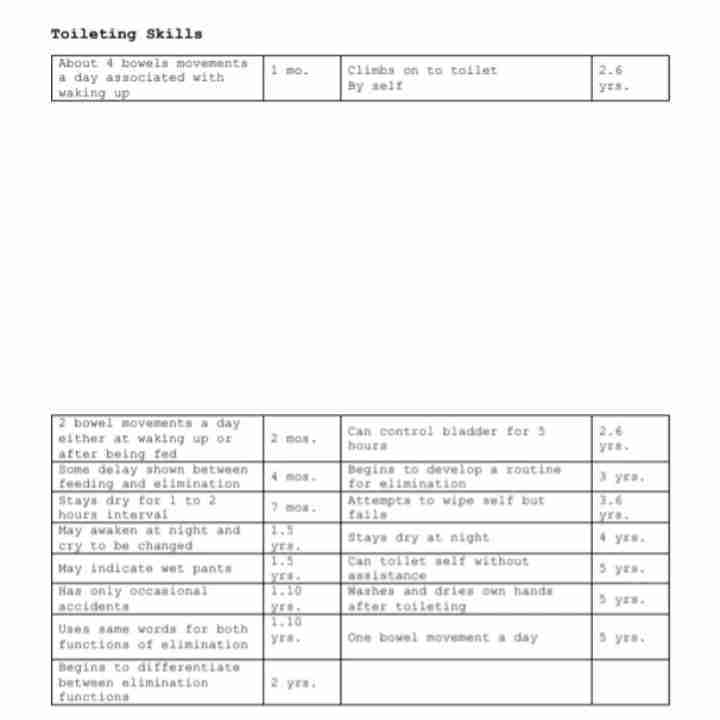
4-6 months
Enough ground to suspect that there might be a disability in the child’s development.
1992-2003
The Human Genome Project [Timeline].
The Human Genome Project [Goal]
To discover and map the book of life, the precise biochemical code for each of the thousands of human genes and make the information available for further biological study.
The Human Genome Project [Findings]
Revealed a wealth of information on how each gene functions and malfunctions to trigger deadly diseases like cancer, AIDS, cardiovascular diseases, diabetes and arthritis.
Include data on genes related to mental retardation and other developmental disabilities.
Identified genes that undergo mutation.
The Human Genome Project [Benefits]
Drugs can be created based on people’s unique molecular information.
DNA tests can be developed to diagnose a disease, confirm the existence of a disease in a person without symptoms
Predict the risk of future diseases in healthy individuals and their offspring.
Make possible an entirely new approach to biological research.
Potential of treating or even curing inherited and acquired diseases.